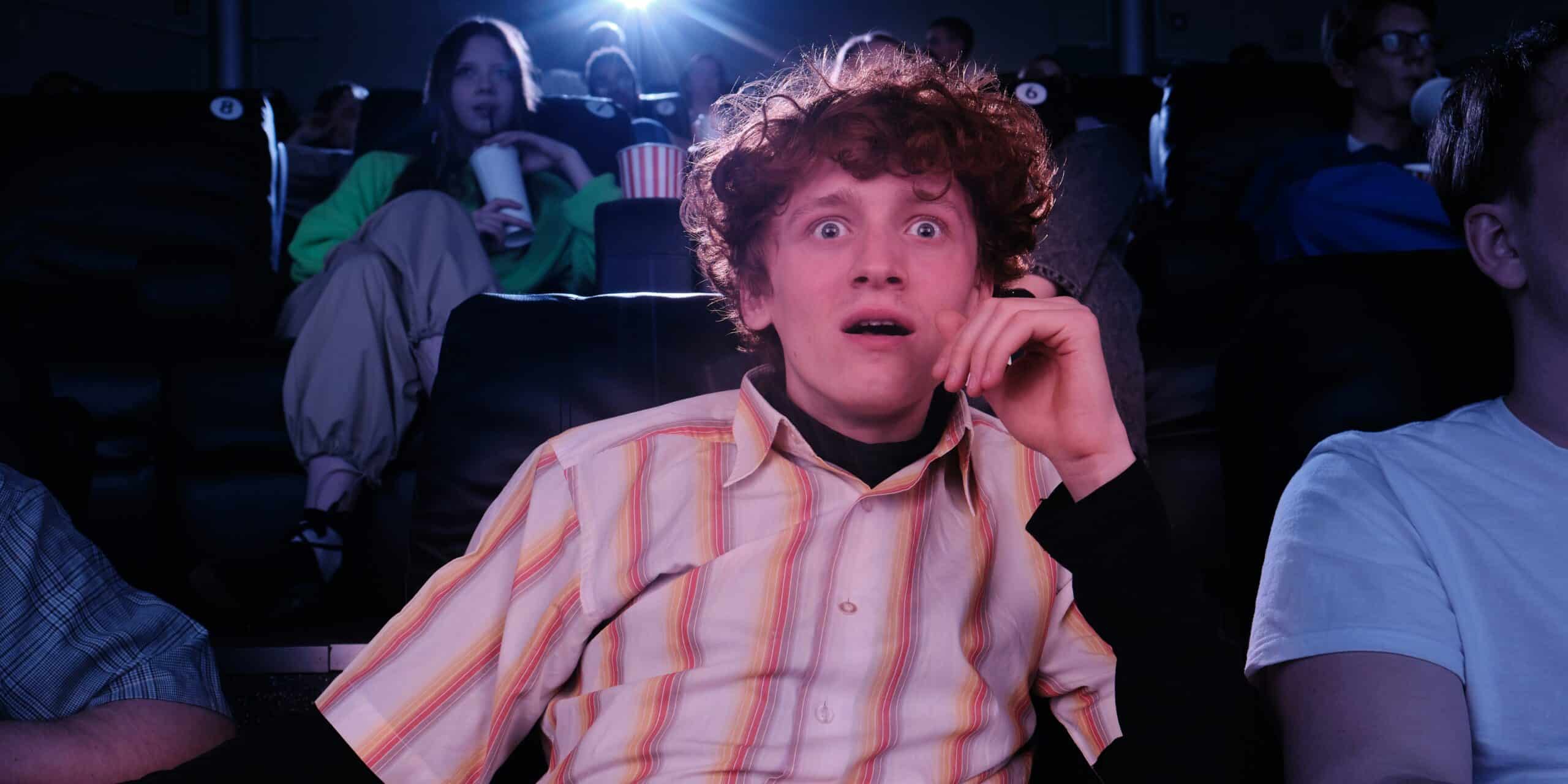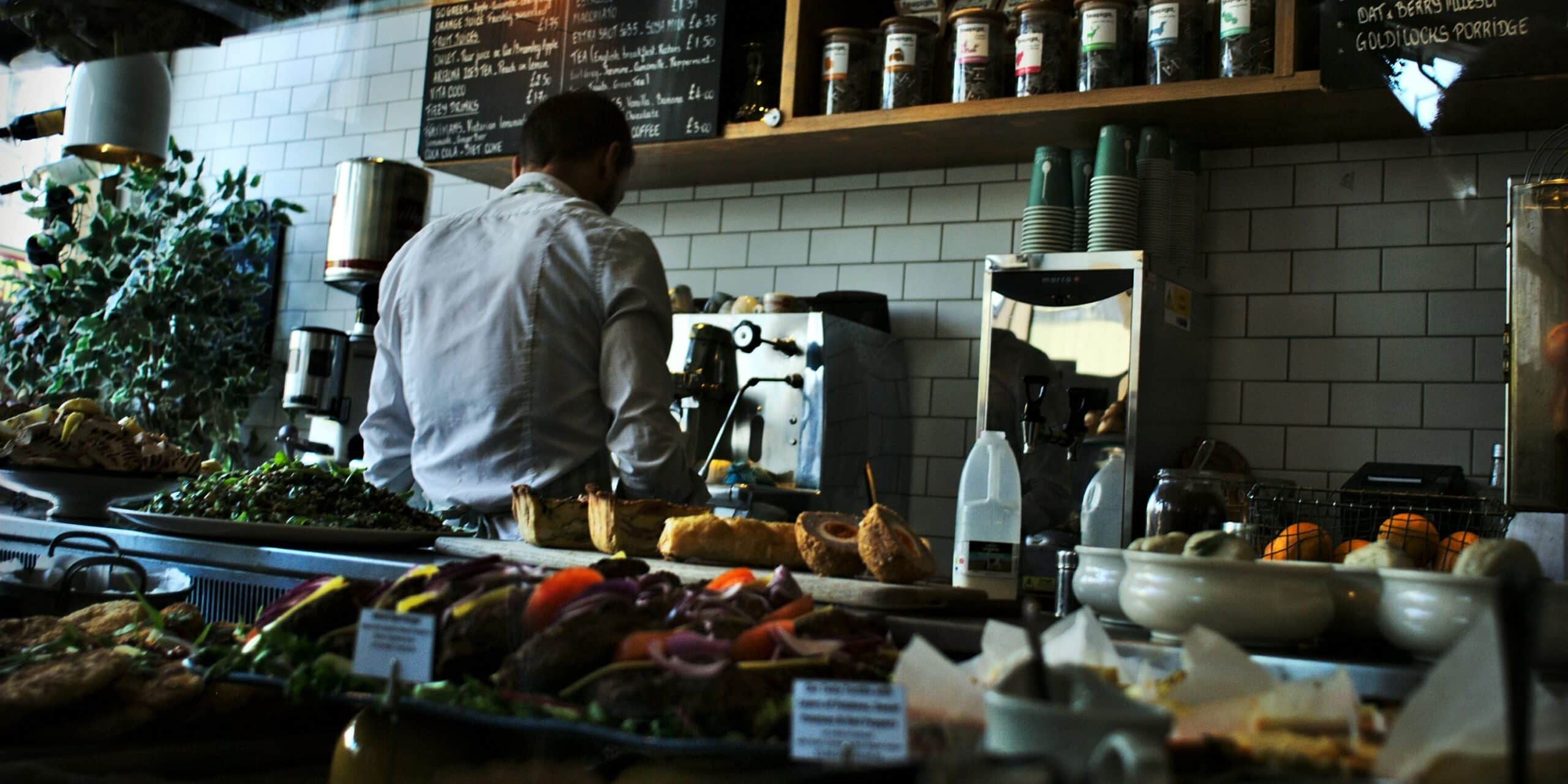Miami is known for its vibrant culture, diverse communities, and stunning beaches, but what truly sets the city apart are its seasonal events and festivals. Every year, Miami hosts a variety of internationally recognized events, drawing visitors from all over the globe. From Art Basel to the Miami Film Festival and Ultra Music Festival, these events bring in not just art enthusiasts and music lovers but also a surge of tourism that significantly impacts the local economy. These major events, along with many others, keep the city’s energy alive year-round, providing a consistent boost to the hospitality industry.
Art Basel, which takes place in December, is one of Miami’s most prestigious cultural events. As part of a global art fair that includes cities like Basel and Hong Kong, Miami’s edition attracts artists, collectors, curators, and art lovers from all over the world. The city becomes a hub for creativity, with galleries, museums, and local businesses putting on special exhibits and events. Similarly, the Miami Film Festival showcases both international and local talent, celebrating the best in cinema each year. In March, the Ultra Music Festival draws electronic music fans, transforming downtown Miami into a high-energy destination for some of the biggest names in the industry.
These events don’t just entertain; they bring thousands of visitors to the city, boosting Miami’s tourism industry. Hotels are booked months in advance, restaurants see a rise in reservations, and local attractions experience a surge in ticket sales. For the hospitality sector, Miami’s packed calendar of events is a major driver of business, and these festivals help ensure that tourism remains strong throughout the year.
How Do Seasonal Events Impact Miami’s Hospitality Industry?
Miami’s hospitality industry is closely tied to the city’s event calendar, with each festival and event providing a spike in demand for accommodation, dining, and entertainment. During Art Basel, for instance, luxury hotels, boutique stays, and short-term rentals are booked to capacity, with visitors willing to pay premium prices for proximity to the city’s renowned art scene. Restaurants curate special menus, and bars and lounges host exclusive events to attract the influx of art enthusiasts. For Miami’s hospitality businesses, these events provide an opportunity to showcase the city’s high-end service offerings, from top-tier dining experiences to luxury accommodations.
The Ultra Music Festival is another key event that has a significant impact on Miami’s hospitality sector. Known as one of the largest electronic dance music festivals in the world, it draws tens of thousands of attendees each year. For the hospitality industry, Ultra creates a massive demand for lodging, food, and entertainment. Hotels near the festival grounds often offer special packages, and local businesses see a surge in customers looking to enjoy the city’s nightlife before and after the event.
Events like these are not just important for individual businesses; they support the entire local economy. Workers in the service industry benefit from increased employment opportunities, and local businesses across sectors—whether they are transportation, catering, or event planning—see a rise in revenue. Seasonal festivals essentially create a ripple effect, with each visitor spending money on accommodations, meals, and other services during their stay.
In addition, the seasonal events help to create year-round demand for Miami’s hospitality services. While many cities experience a drop in tourism during certain parts of the year, Miami’s ability to host large-scale events—whether in the winter, spring, or summer—keeps the local tourism industry thriving even during the off-season. Whether it’s Art Basel in December or Ultra in March, these events help to maintain a steady flow of visitors, ensuring that the city’s hospitality businesses can rely on a consistent stream of income.
Long-Term Benefits of Miami’s Event-Driven Tourism
The influx of visitors to Miami during its seasonal events doesn’t just provide short-term economic benefits; it also helps establish the city’s reputation as a premier global destination. By hosting internationally recognized festivals, Miami continues to build a brand that appeals to travelers year-round. Each successful event brings new visitors to the city who may return for future festivals or vacations, creating a lasting impact on tourism and the local economy.
For Miami’s hospitality industry, the opportunity to attract repeat customers is one of the long-term benefits of the city’s event-driven tourism. Visitors who come to Miami for events like the Miami Film Festival or Art Basel often extend their stay to explore the city’s many attractions, from South Beach to Little Havana. The high quality of services provided by Miami’s hotels, restaurants, and entertainment venues ensures that these visitors leave with a positive impression, increasing the likelihood that they will return for future visits.
In addition, many businesses use these events to establish partnerships and collaborations that benefit them throughout the year. Hotels may team up with local tour companies or restaurants to offer special packages, while event planners and organizers build connections with international brands and sponsors. These collaborations help Miami maintain its status as a go-to destination for large-scale events and ensure that the city remains competitive in the global tourism market.
As Miami continues to grow as an international hub for arts, entertainment, and culture, the long-term benefits of its seasonal events are becoming more apparent. Not only do these festivals attract visitors from around the world, but they also contribute to the city’s evolving identity. By positioning itself as a leader in hosting world-class events, Miami is securing its place as a top destination for both leisure and business travel, with the hospitality industry reaping the rewards.
In conclusion, Miami’s seasonal events and festivals play a crucial role in boosting the city’s hospitality sector. From the artistic allure of Art Basel to the energetic beats of Ultra Music Festival, these events attract visitors who fuel the local economy by booking hotels, dining at restaurants, and enjoying the city’s entertainment offerings. The year-round calendar of events ensures that Miami’s tourism industry thrives, while the long-term benefits of event-driven tourism continue to strengthen the city’s global appeal.









